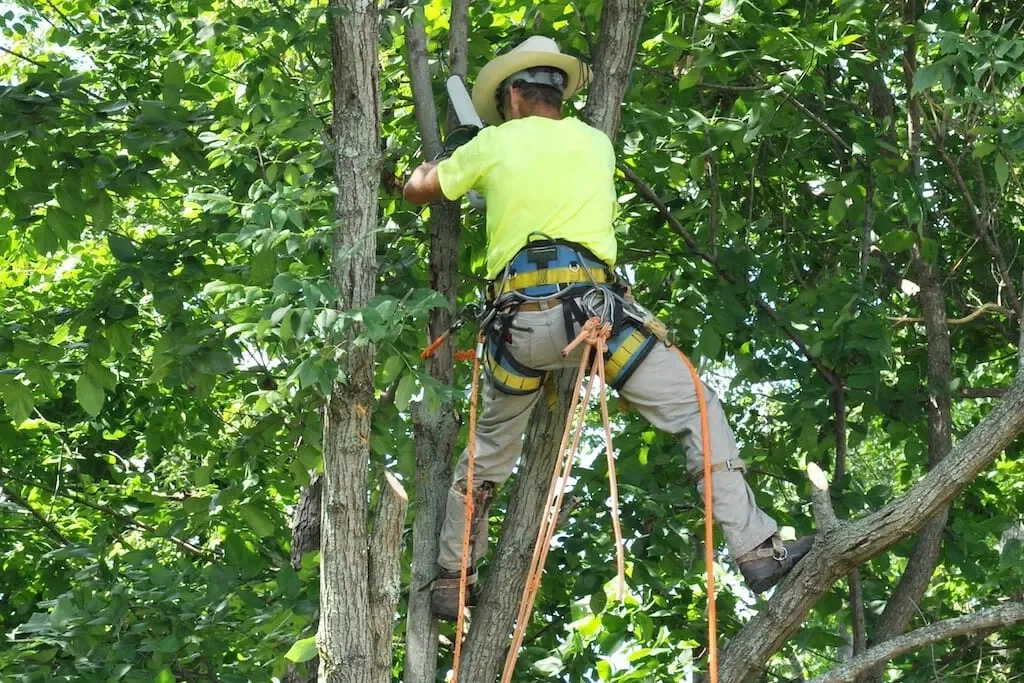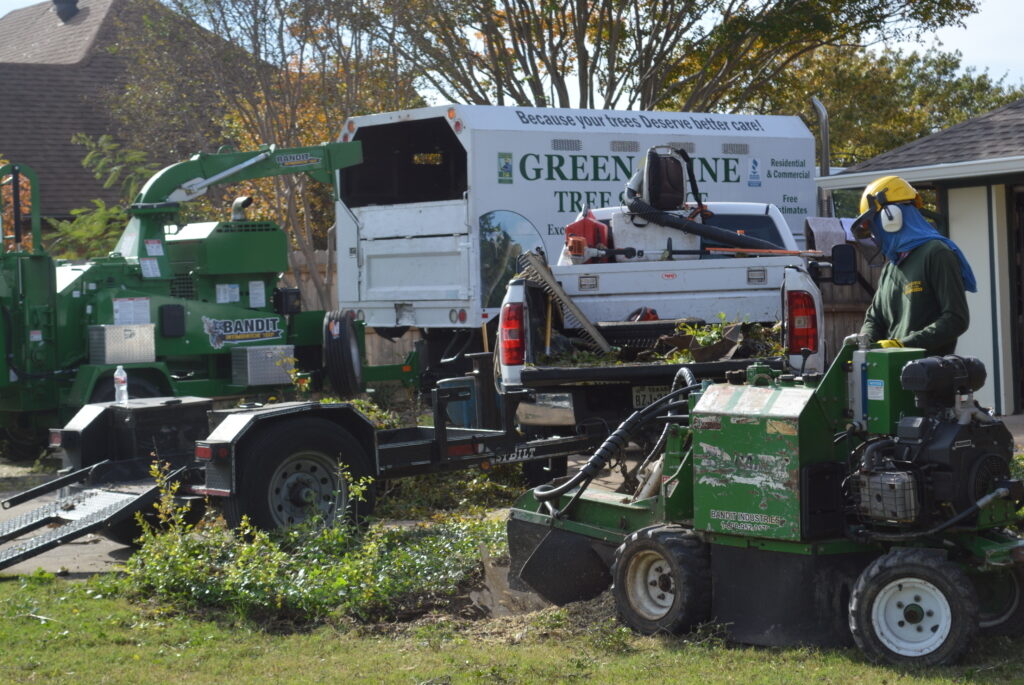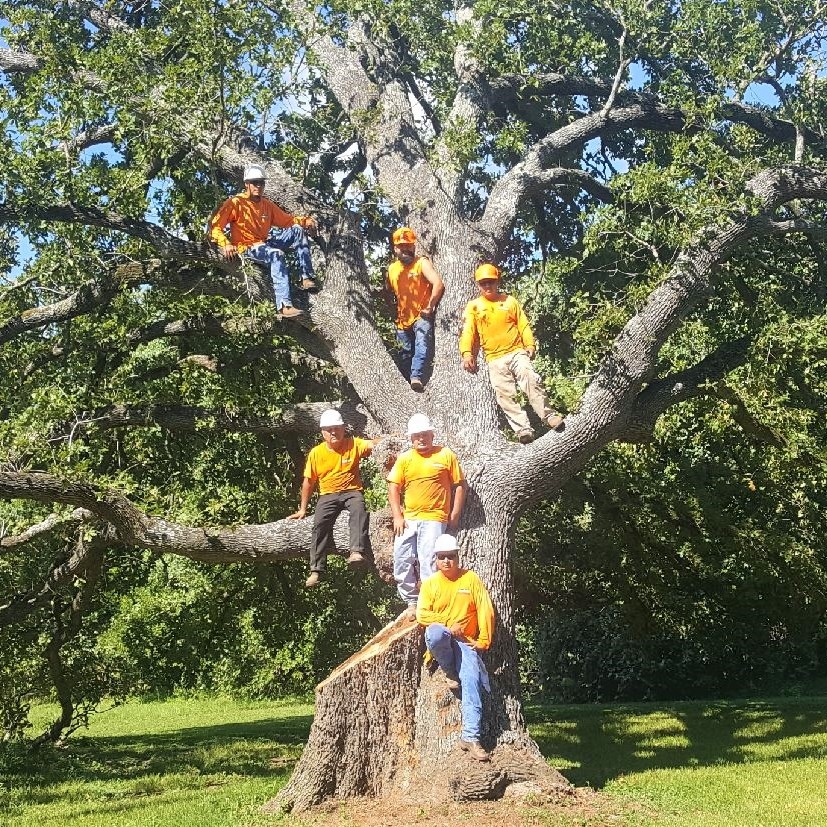Introduction to Tree Service Liability Insurance
Running a tree service business can be risky. Whether you’re trimming trees, removing hazardous branches, or simply offering maintenance, there are multiple dangers involved. This is where tree service liability insurance comes into play. It protects your business from financial losses caused by accidents, property damage, or injuries that occur during your operations. But what exactly does this insurance cover, and why is it crucial for every tree service professional? Let’s dive in.
Understanding the Risks in Tree Services
Tree services come with inherent risks. From falling branches to the use of heavy equipment like chainsaws, the likelihood of accidents is high. For example, if a branch falls on a client’s property and causes damage, or worse, injures someone, the costs can be significant. Here are some of the most common risks tree service businesses face:
Property damage due to falling limbs
Personal injury to workers or bystanders
Damage to vehicles or infrastructure nearby
These are just a few reasons why having liability insurance is critical.
What Does Tree Service Liability Insurance Cover?
Tree service liability insurance offers a safety net for various types of unfortunate events that can arise during the job. Here’s what most policies typically cover:
Property Damage: If your work damages a customer’s home, car, or other property, this insurance will cover the costs.
Bodily Injury: Accidents that result in injuries to others can lead to hefty medical bills. Liability insurance can cover those expenses.
Legal Expenses: In case you’re sued due to property damage or injuries, this insurance helps cover legal fees.
Completed Operations: Even after you’ve finished a job, problems can arise, such as a branch you trimmed falling days later. Liability insurance covers incidents that happen after your work is done.
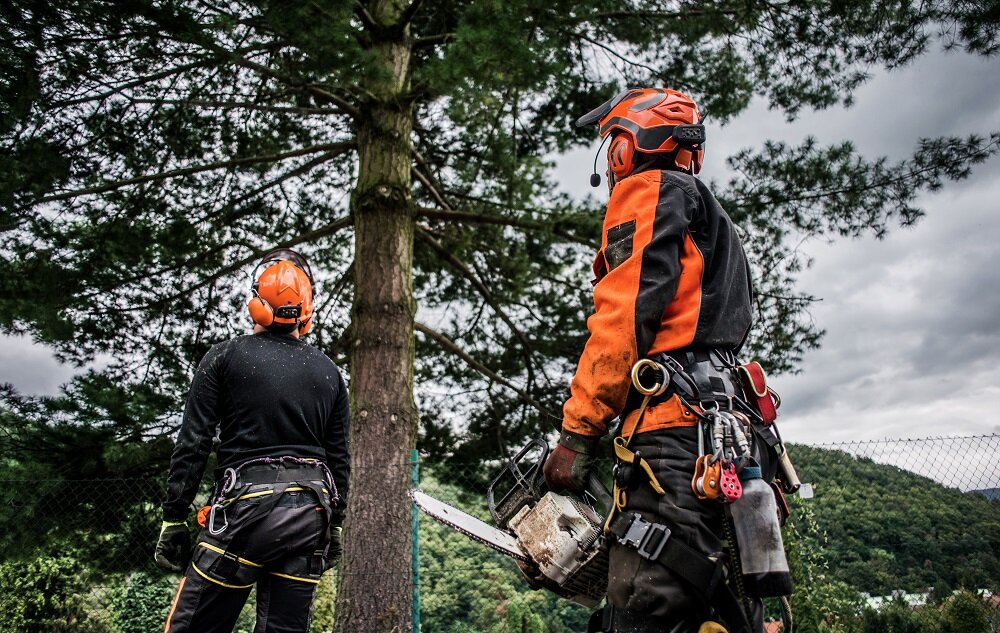
Who Needs Tree Service Liability Insurance?
Anyone working in tree care or similar services should have liability insurance. This includes:
Tree trimming businesses
Arborists who specialize in tree health
Landscaping companies that include tree services in their offerings
Even if you think your business is low-risk, it’s better to be protected than face unexpected losses.
Types of Insurance Policies for Tree Service Businesses
While liability insurance is critical, other types of insurance can protect your business as well. Consider these options:
General Liability Insurance: Covers third-party injuries, property damage, and legal defense.
Workers’ Compensation Insurance: Covers medical expenses and lost wages for employees injured on the job.
Commercial Auto Insurance: Protects your work vehicles from accidents and liabilities.
Inland Marine Insurance: Covers specialized tools and equipment, ensuring they are protected against damage or theft.
The Importance of General Liability Insurance in Tree Services
General liability insurance is a must-have for tree service companies. Why? Because it provides coverage for the most common types of claims, like:
Third-Party Injuries: If a branch hits someone passing by, you’ll be protected.
Property Damage: Whether it’s a fence or a car, if your job results in damage, this insurance covers the repair costs.
Workers’ Compensation for Tree Service Businesses
Injuries on the job are not uncommon in the tree service industry. From chainsaw accidents to falls, it’s vital that your business is covered under workers’ compensation insurance. This type of insurance ensures that employees get the medical care and lost wages they need if injured during work.
Commercial Auto Insurance for Tree Service Companies
If your business involves traveling to job sites, you likely have vehicles that need protection. Commercial auto insurance covers accidents and damages involving your business vehicles, ensuring you won’t face out-of-pocket expenses in the case of an accident.
Inland Marine Insurance for Tree Equipment
Your equipment is a big part of your business, and losing or damaging it could cost you significantly. Inland marine insurance is designed to cover specialized equipment, like cranes, chainsaws, or other tools used in tree service jobs, keeping your tools safe no matter where you use them.
How Much Does Tree Service Liability Insurance Cost?
The cost of tree service liability insurance depends on several factors:
The size of your business
Number of employees
Type of services offered
Claims history
On average, small businesses may pay anywhere between $500 and $1,500 per year for basic coverage. Larger companies with more risk can expect higher premiums.
How to Choose the Right Tree Service Insurance Provider?
Not all insurance providers are the same. When shopping for tree service liability insurance, consider:
Reputation: How long has the company been in business, and do they specialize in tree services?
Customer Service: Will they be there when you need them, especially during claims?
Coverage Options: Can they customize the policy to suit your needs?
Ask the right questions and make sure the provider understands your business.
The Benefits of Having Tree Service Liability Insurance
The advantages of having liability insurance go beyond just peace of mind. With it, you’ll:
Avoid financial devastation from a lawsuit
Be compliant with local laws or contracts requiring insurance
Gain credibility with clients who expect professional coverage
What Happens If You Don’t Have Tree Service Liability Insurance?
Operating without liability insurance can lead to:
Legal consequences if you’re found negligent
Financial hardship paying out of pocket for damages or injuries
Losing business as clients may avoid hiring uninsured companies
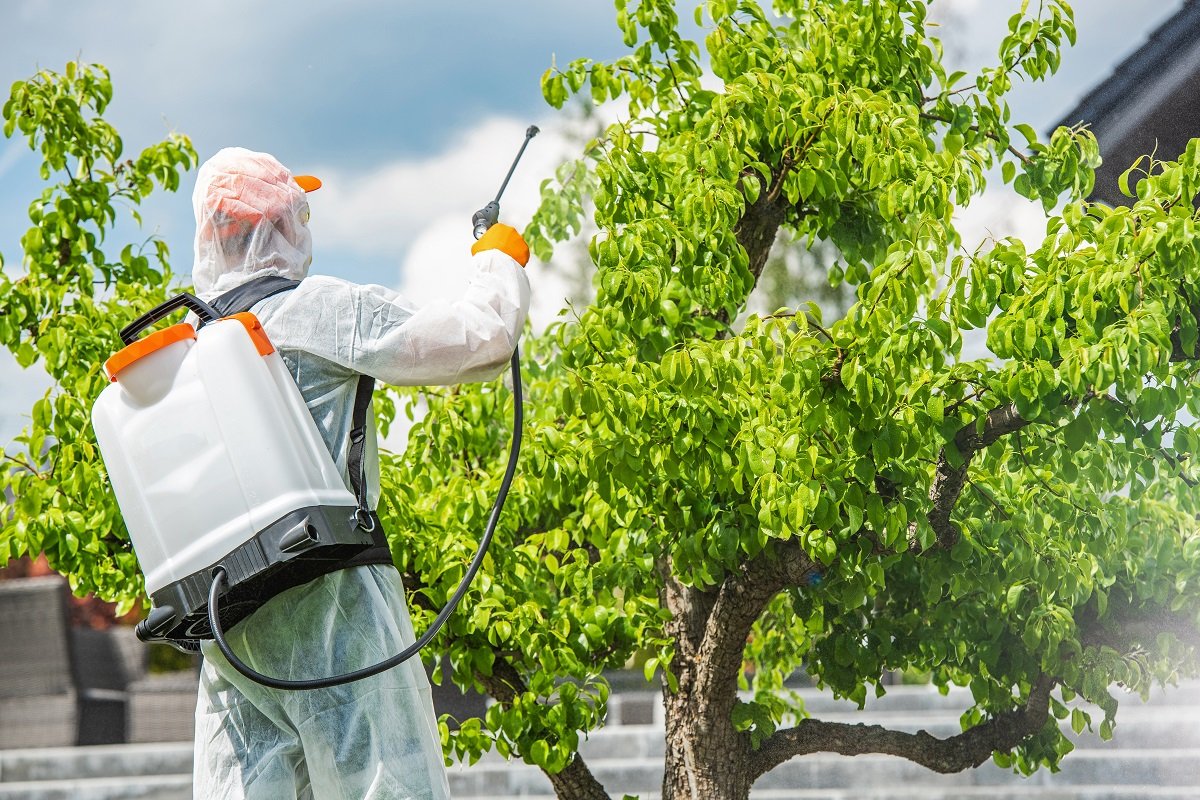
How to File a Claim with Your Tree Service Liability Insurance?
Filing a claim can seem daunting, but it’s a straightforward process. Here’s what to do:
Document the Incident: Take photos and write down what happened.
Inform your insurance company immediately by getting in touch with them at the earliest opportunity.
Provide Necessary Information: Be prepared to submit any documents or evidence requested.
By staying organized, your claim process will be smoother.
Conclusion
In the tree service industry, accidents and risks are inevitable. Having tree service liability insurance not only protects your business from financial disaster but also gives you the confidence to operate freely. Whether you’re trimming branches or removing trees entirely, you need a solid insurance policy to safeguard your livelihood.
